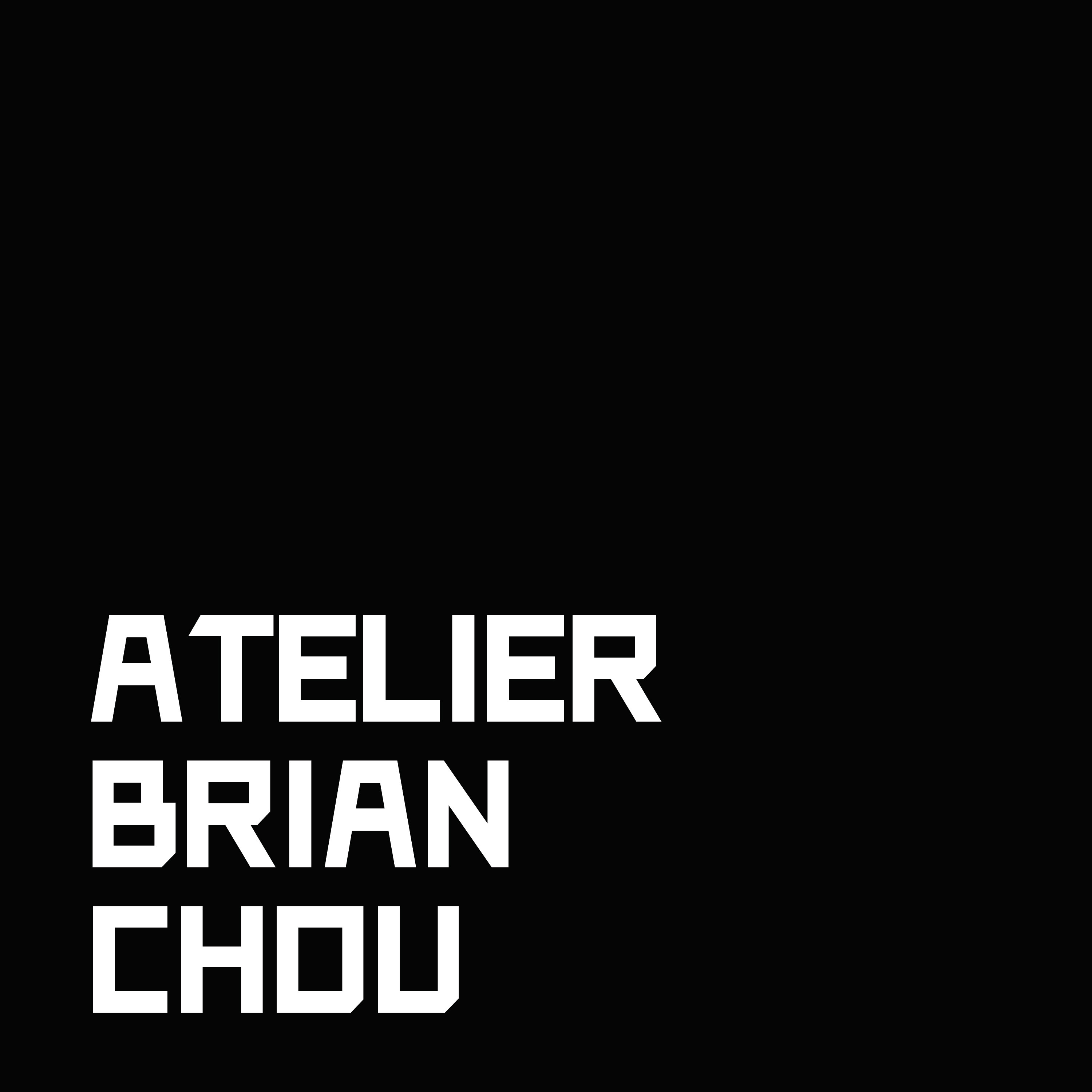Since the inception of the industrial revolution, greenhouse gas along with carbon emissions have seen exponential growth each year, posing a direct threat to the survival of our planet. The consequences of our innovation requires our full attention as we must look to reduce the harm we have inflicted on our ecosystems and environment. The Carbon Offset initiative is a trade of Carbon Credits, where corporations would invest in carbon offset projects [ in the global south ] to offset/compensate for their yearly emission numbers. These carbon offset projects include, reforestation, renewable energy projects and methane capture, etc. However, this seemingly benign trade of carbon credits has been in some instances turned into a tool for climate colonialism and land grabbing.
Our project focuses on the specific case in Sao Jose Du Buriti in Brazil and how the carbon offset projects owned by the Plantar company have caused years of suffering and injustice to the local communities. In the process of converting the unlawfully acquired land into its vast monoculture eucalyptus plantations across Sao Jose Du Buriti, the company wiped out the existing ecosystems along with many jobs of the people living there, all while promising the new plantation would generate new opportunities. However, the people did not receive what was promised and in return have to work in terrible conditions without sharing the wealth the Plantar company has generated via their carbon offset project.
In response to the current situation at Sao Jose Du Buriti, we are proposing a pilot project that would place the power and wealth generated from carbon offset projects back into the hands of the local people. The proposal entails two parts, first an urban scale proposal for a series of carbon offset-centered communities that could be replicated and redistributed across the site. Second, a series of program-based carbon offset buildings that serve the purpose of generating carbon credits via different methods while functioning as a living environment for the communities. As these prototypical carbon offset communities grow in scale, the people would be able to generate more income along with agency which they were previously stripped of.
